
The Regional Seminar on International Taxation opened in Accra yesterday with a call for greater cooperation among countries to protect revenues and strengthen domestic resource mobilisation.
The five-day event, held under the theme “Domestic Resource Mobilisation and International Tax: Strengthening Revenues, Protecting Sovereignty, Deepening Cooperation,” brought together revenue authorities, policy makers, experts, and partners from across the ECOWAS region and beyond.
Delivering the keynote address on behalf of the Commissioner-General of the Ghana Revenue Authority, Dr Martin Kolbil Yamborigya said taxation remained the bedrock of national development.
He noted that with high debt burdens, uncertain aid flows, and urgent needs in health, education, and infrastructure, domestic revenue has become the most reliable and sustainable way to fund development priorities.
Dr Yamborigya said taxation also strengthens the social contract, as citizens were more likely to demand accountability when they contribute through taxes.
He pointed to global reforms over the past decade, including rules to prevent base erosion and profit shifting, automatic exchange of information, and most recently, the two-pillar solution that introduces a global minimum tax on large multinational enterprises.
The seminar, he explained, offers an opportunity for countries to take stock of progress, share experiences, and discuss reforms such as transfer pricing, tax treaties, resource taxation, and taxation of the digital economy.
According to him, the rapid growth of the digital economy presents both challenges and opportunities for tax systems, requiring modern approaches and regional coordination.
Mr Salifu Tiemtore, Director of Customs and Taxation at the ECOWAS Commission, said international taxation was now a critical issue for all tax administrations in the region.
He warned that if ECOWAS countries failed to act together on the Global Minimum Tax, others would benefit at their expense.
He noted that many countries in the region offered excessive incentives to multinational companies, which eroded revenues.
“Zero taxation is not the best way to raise revenue. We must harmonise our regional taxes so that all countries benefit,” he said.
Lead Economist for Global Tax at the World Bank Group, Mr David O’Sullivan, said the purpose of the seminar was to provide space for countries to share experiences, learn from one another and build stronger tax systems.
He noted that across Africa, tax-to-GDP ratios remained low, with many countries below the 15 per cent level considered critical for growth.
“When you get above 15 per cent, you are on a higher growth trajectory,” he said.
He explained that raising taxes was not enough without ensuring that revenues were used wisely to provide education, health care, infrastructure and social protection.
He added that political commitment and institution building were vital to sustain tax reforms.
“What we see this week is the commitment among the ministries and tax administrations to reform and bring greater prosperity to the continent,” he said.
The seminar is being co-organised by ECOWAS and the World Bank Group with the support of the Ghana Revenue Authority.
BY AGNES OPOKU SARPONG AND CHRISTABEL D. ANKRAH
???? Follow Ghanaian Times WhatsApp Channel today. https://whatsapp.com/channel/0029VbAjG7g3gvWajUAEX12Q
???? Trusted News. Real Stories. Anytime, Anywhere.
? Join our WhatsApp Channel now! https://whatsapp.com/channel/0029VbAjG7g3gvWajUAEX12Q

The post Regional Seminar on taxation opens in Accra appeared first on Ghanaian Times.
Read Full Story
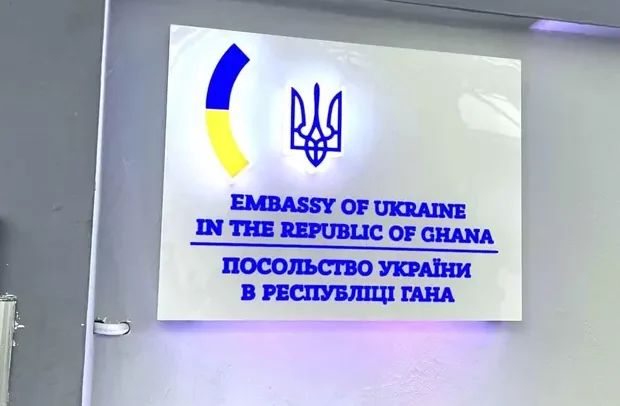

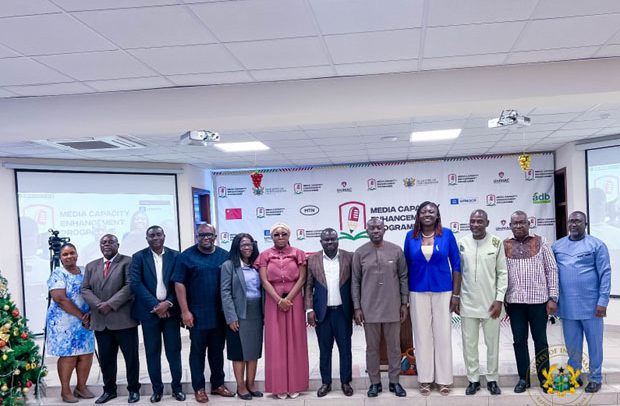
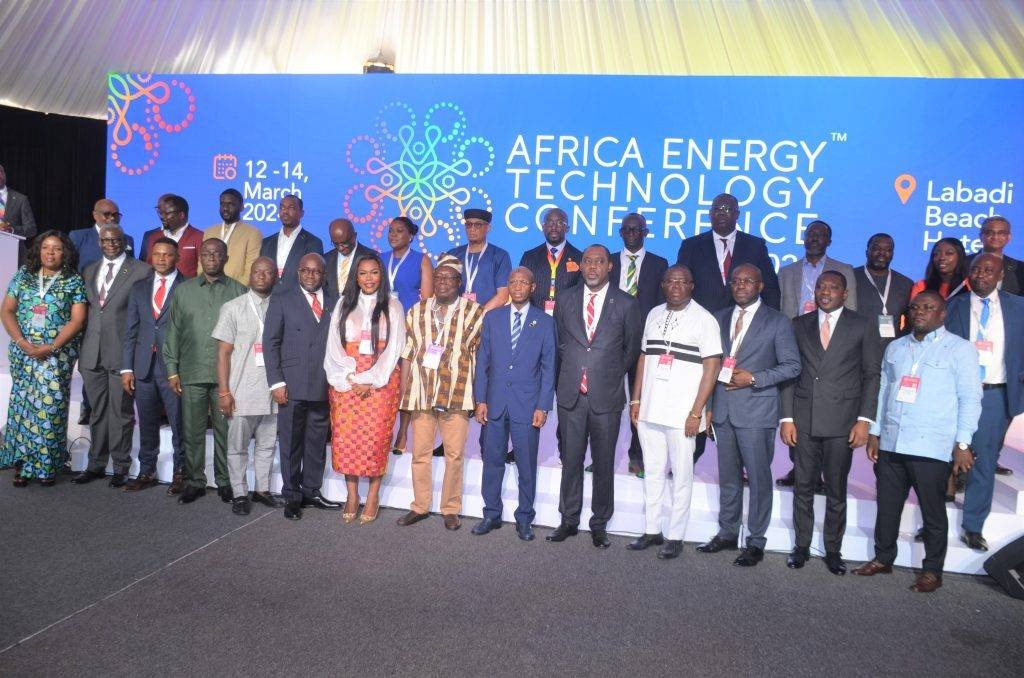
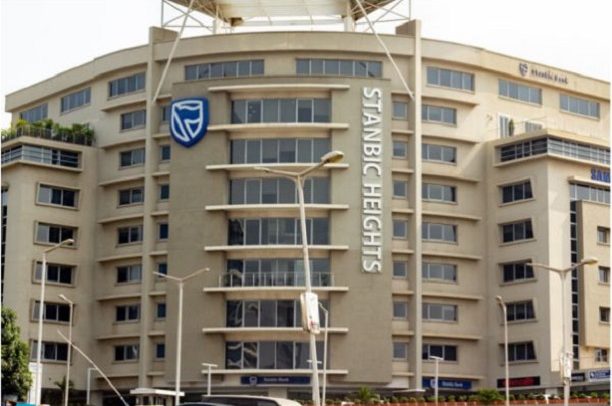


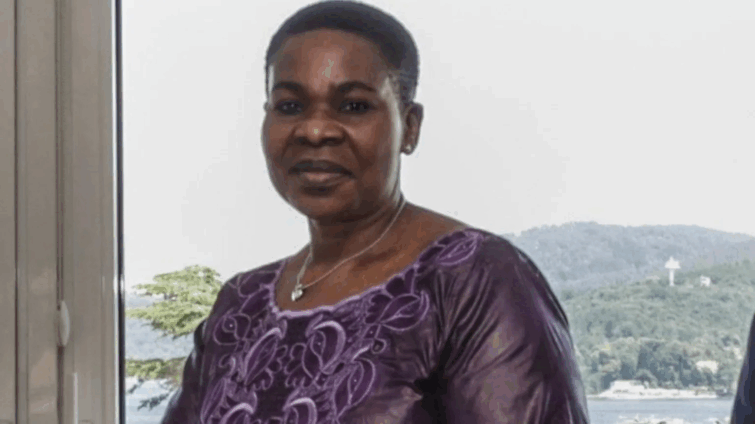

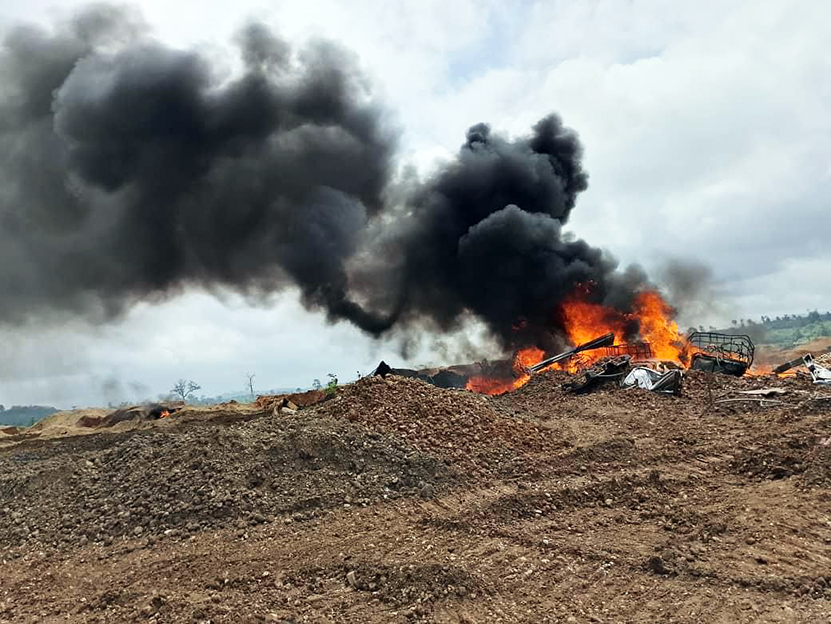

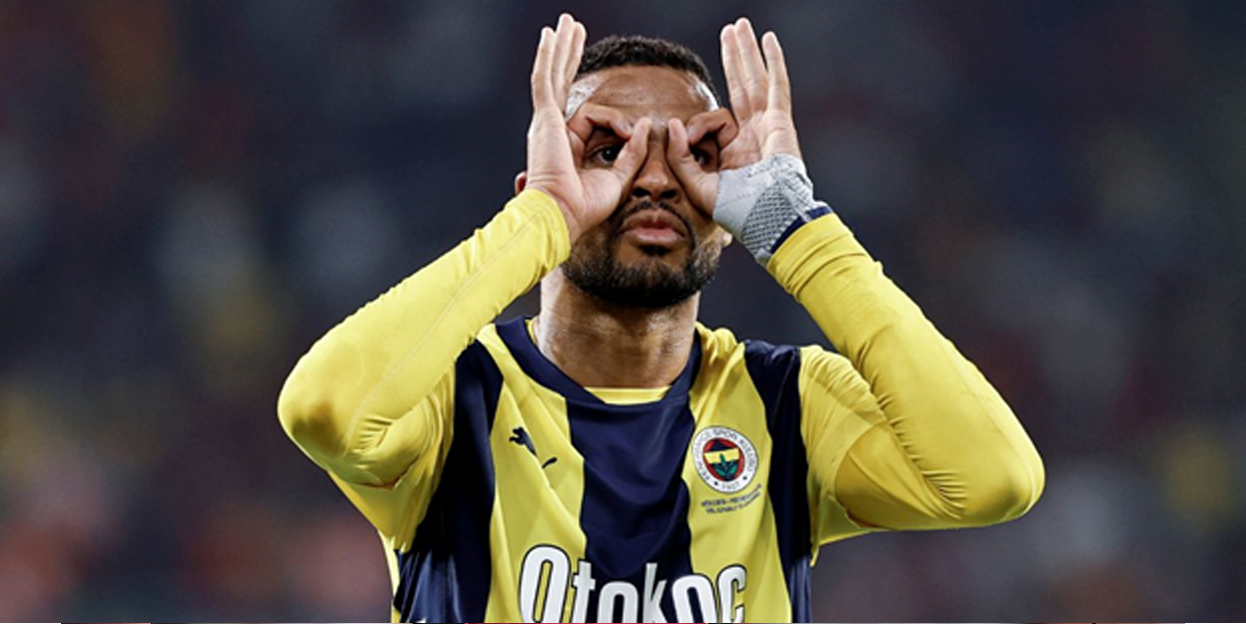




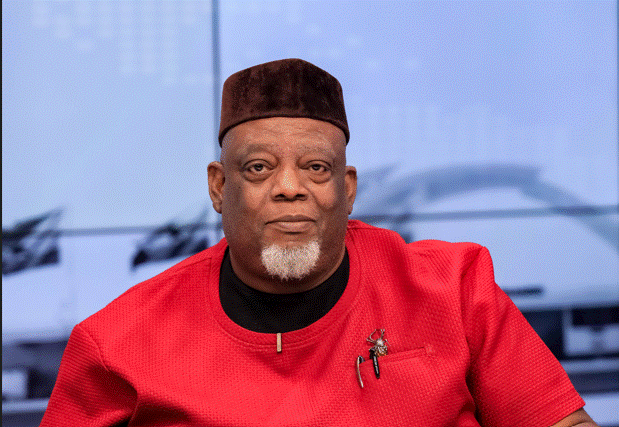

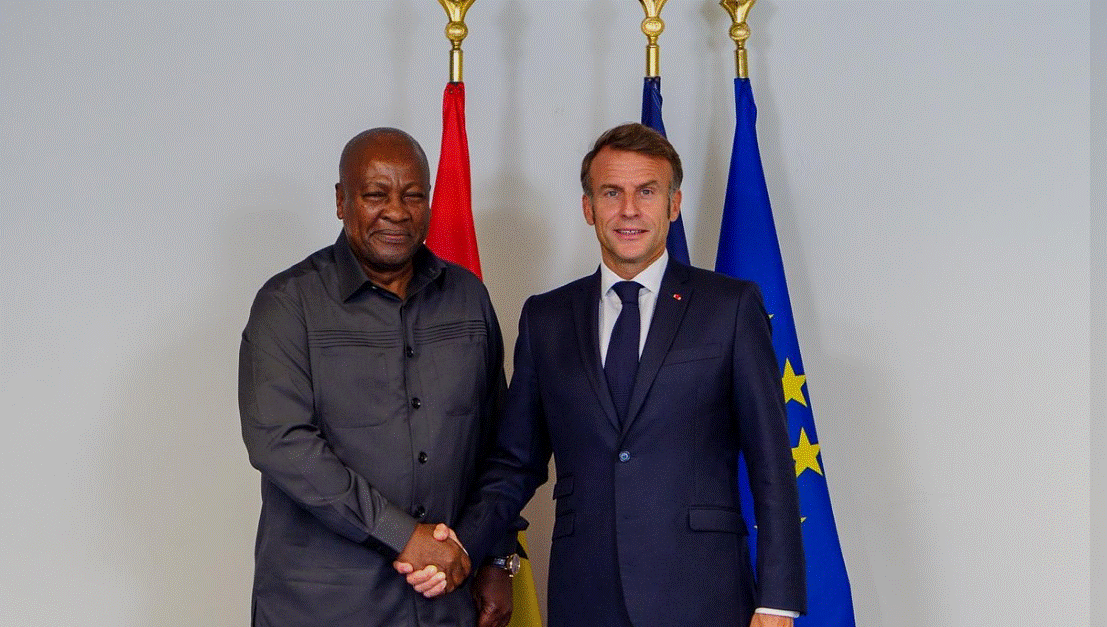
Facebook
Twitter
Pinterest
Instagram
Google+
YouTube
LinkedIn
RSS